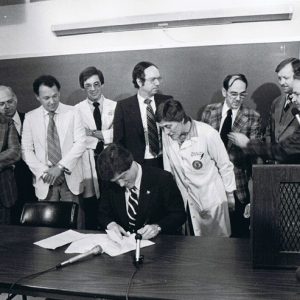 Bill Clinton Signing Act 1092 for Arkansas Children’s Hospital
Bill Clinton Signing Act 1092 for Arkansas Children’s Hospital
Race and Ethnicity: White - Starting with C
 Bill Clinton Signing Act 1092 for Arkansas Children’s Hospital
Bill Clinton Signing Act 1092 for Arkansas Children’s Hospital
Clinton, Bill
aka: William Jefferson Clinton
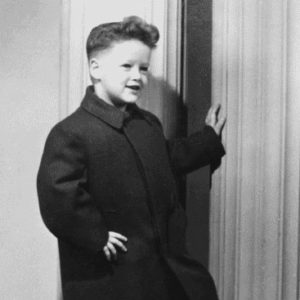 Bill Clinton
Bill Clinton
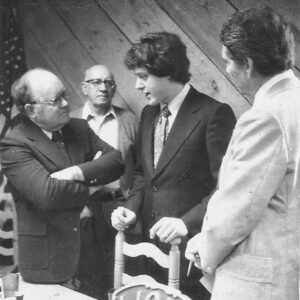 Bill Clinton with Lions Club
Bill Clinton with Lions Club
 Bill Clinton
Bill Clinton
 Bill Clinton
Bill Clinton
Clinton, Chelsea Victoria
 Chelsea Clinton
Chelsea Clinton
Clinton, Hillary
 Hillary Clinton Postcard
Hillary Clinton Postcard
 Hillary Clinton Folder
Hillary Clinton Folder
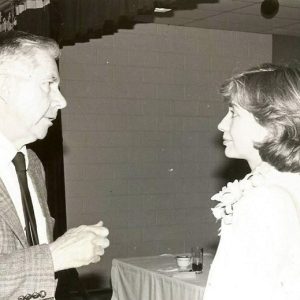 Hillary Clinton
Hillary Clinton
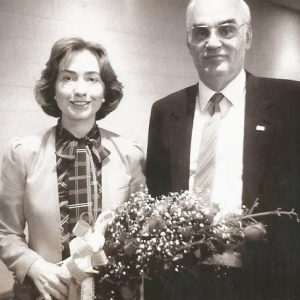 Hillary Clinton
Hillary Clinton
 Hillary Clinton
Hillary Clinton
 Hillary and Bill Clinton
Hillary and Bill Clinton
 Hillary Rodham Clinton
Hillary Rodham Clinton
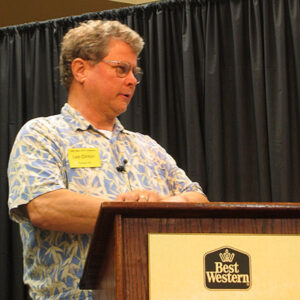 Lee Clinton
Lee Clinton
Cloar, Carroll James
Closson, William (Lynching of)
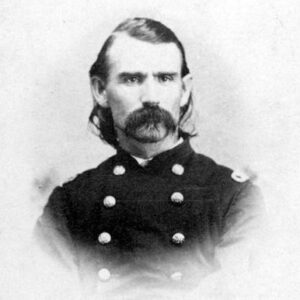 William Cloud
William Cloud
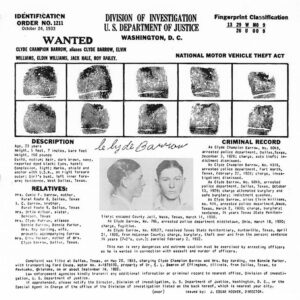 Clyde Barrow Wanted Poster
Clyde Barrow Wanted Poster
 CNB Board of Directors
CNB Board of Directors
 The Coachmen
The Coachmen
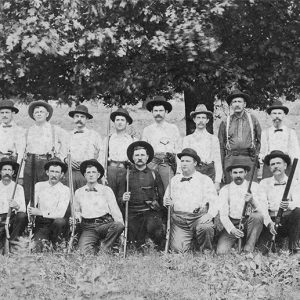 Coal Mine Guards
Coal Mine Guards
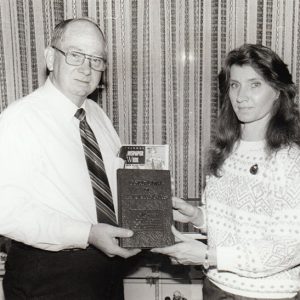 Cobb Book Presentation
Cobb Book Presentation
Cobb, Osro
 Cockrill Campaign Card
Cockrill Campaign Card
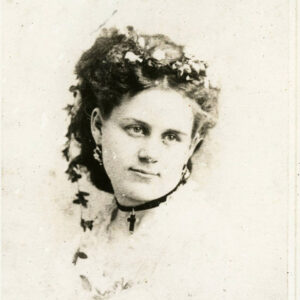 Mary Cockrill
Mary Cockrill
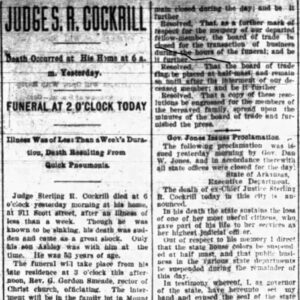 Sterling R. Cockrill Article
Sterling R. Cockrill Article
Cockrill, Sterling Robertson
Cockrill, Sterling Robertson Jr.
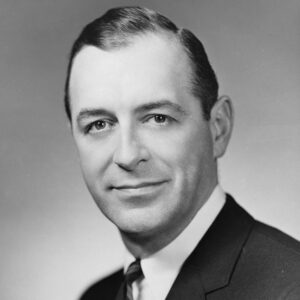 Sterling Cockrill Jr.
Sterling Cockrill Jr.
 The Cockroaches of Stay More
The Cockroaches of Stay More
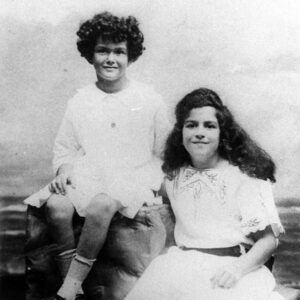 Cohn Sisters
Cohn Sisters
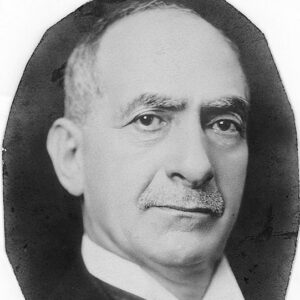 M. M. Cohn
M. M. Cohn
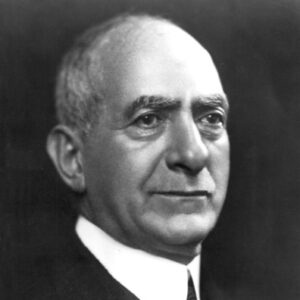 M. M. Cohn
M. M. Cohn
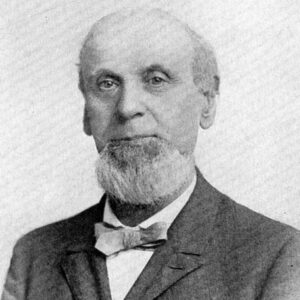 Mathias Cohn
Mathias Cohn
Cohn, Mathias Abraham
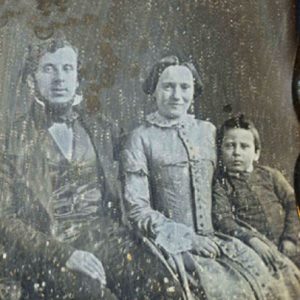 Mathias Cohn Family
Mathias Cohn Family
Cohn, Morris M.
Cole, George (Lynching of)
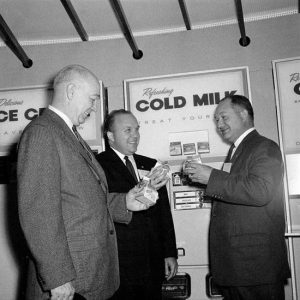 Coleman Dairy Personnel
Coleman Dairy Personnel
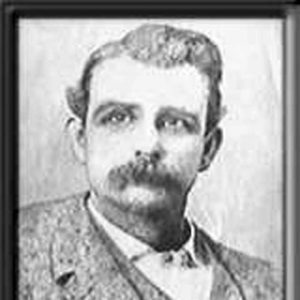 Eleithet Coleman
Eleithet Coleman
Coleman, Walter Carpenter (Walt), III
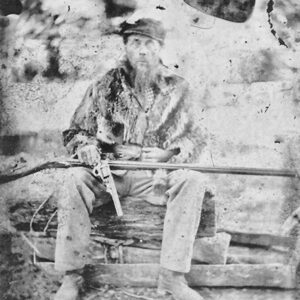 Elijah Collard
Elijah Collard
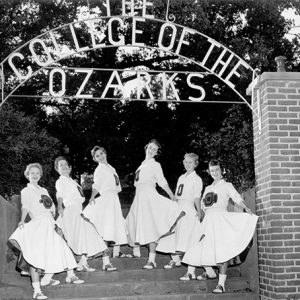 College of the Ozarks Cheerleaders
College of the Ozarks Cheerleaders
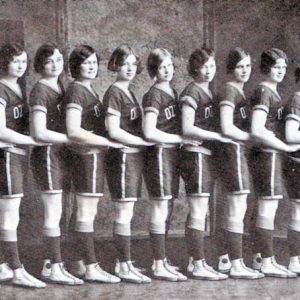 College of the Ozarks Girls' Basketball
College of the Ozarks Girls' Basketball
Colley, Chad
aka: Ralph C. Colley Jr.
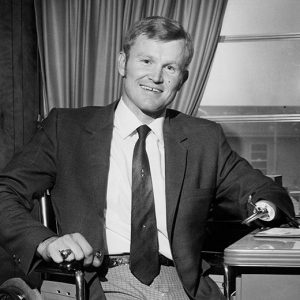 Chad Colley
Chad Colley
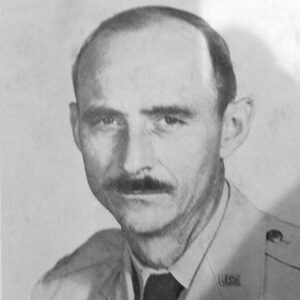 Calvin Collier
Calvin Collier




